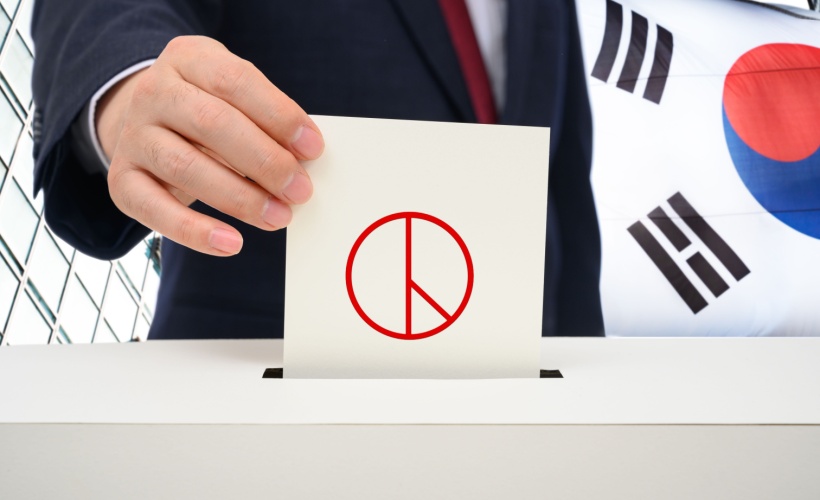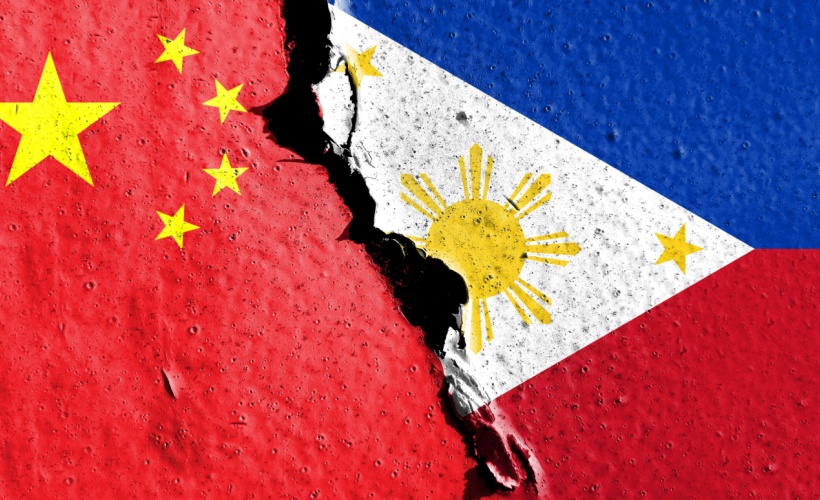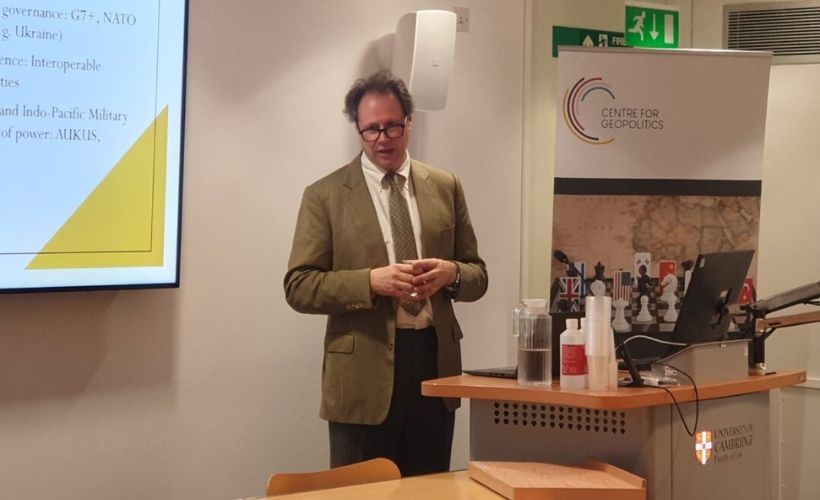By Lisa Vickers, Research Assistant
On February 22, 2024, the Centre for Geopolitics hosted Professor Guibourg Delamotte for a discussion on Japanese diplomacy. In her talk, she set out four observations about Japan’s broadening diplomatic and security-centred activities, particularly as it works to counter China’s influence in the Indo-Pacific region. Audience question and answer allowed for a further nuanced discussion of Professor Delamotte’s overarching observations and spoke to the challenges Japan faces in putting its diplomatic vision into practice.
Professor Delamotte’s first observation about Japanese diplomacy was that Japan is attempting to bridge the East-West divide. As an indication of this aim, Japan has adopted the rhetoric of a ‘free and open Indo-Pacific’ in its strategic vision since 2017. The word ‘free’ refers to the defence of international law in the Indo-Pacific and the word ‘open’ refers to Japan’s willingness to cooperate with China. Japan has influenced NATO thinking, as it points to East Asian and European theatres being interlinked. This opens the door to possible European intervention should Taiwan be fully invaded by China.
Professor Delamotte’s second observation was that Japan’s work to bridge the North-South divide is manifested by the war in Ukraine. The G7 Hiroshima Summit invited guests from the Global South to show that the G7 is interested in them. This was important because the war in Ukraine has displayed that sanctions implemented by the G7 alone are insufficient to impact Russia. Further cooperation is needed with the Global South for efficacy. Influence and collaboration are further required to ensure the cohesion necessary for vaccine rollout and food security.
The third observation expressed by Professor Delamotte was that Japan has increased its security-related budget with it reaching up to 2 per cent. Some argue that Japan’s spending has not increased enough, but this is because the yen has lost strength. Japan’s Self Defence Forces (SDF) have become a diplomatic tool, particularly as there has been a loosening of defensive systems and arms exports. Japan has sent assistance to Ukraine and has been active in South-East Asia through its provision of navy assistance.
Professor Delamotte’s fourth observation was that Japan has been strengthening its relations with core partners, particularly members of the trilateral security partnership between Australia, the United Kingdom, and the United States (AUKUS). Japan has taken a leading role regarding AUKUS’s pillar two – advancing military capabilities – through cyber technologies, artificial intelligence, quantum technologies, and marine technologies. Indeed, in recent months Japan has agreed to collaborate with AUKUS on developing capabilities for undersea warfare.
In conclusion, Professor Delamotte reflected that Japan has become skilled in its diplomatic strategy because it has had to overcome difficulties such as addressing tensions with China and ensuring supply chains during the COVID-19 pandemic. Even so, Japan has had political continuity over the last few decades, not least because its Ministry for Foreign Affairs has consistently produced skilled negotiators.
The question-and-answer portion of the event posed possible limitations to Japan’s diplomacy, however. For example, Japan may have to show constraint if Taiwan were to operate in a ‘grey zone’. Further, the Japanese public has low public support for the government and is weary of direct military involvement. Discussions also revealed that Japan’s defence industry capacity is somewhat limited, leading to questions regarding whether it can export weapons and fully defend itself if attacked. Even with these possible constraints, however, it was clear from Professor Delamotte’s talk that Japan is a country with great power and influence.







